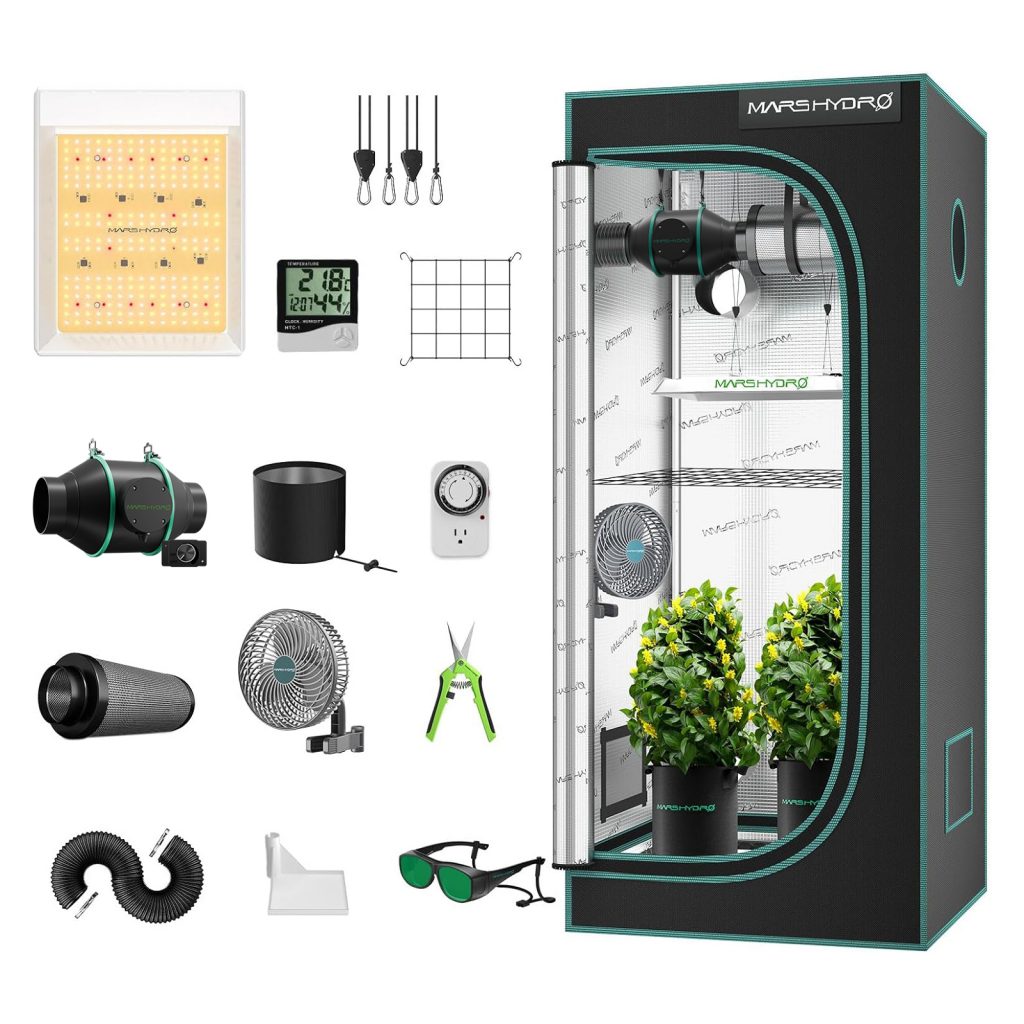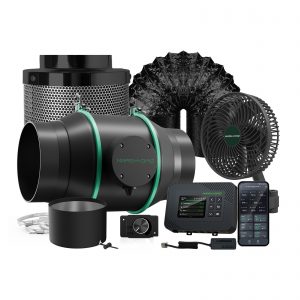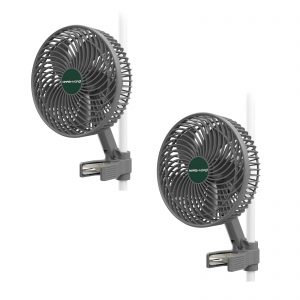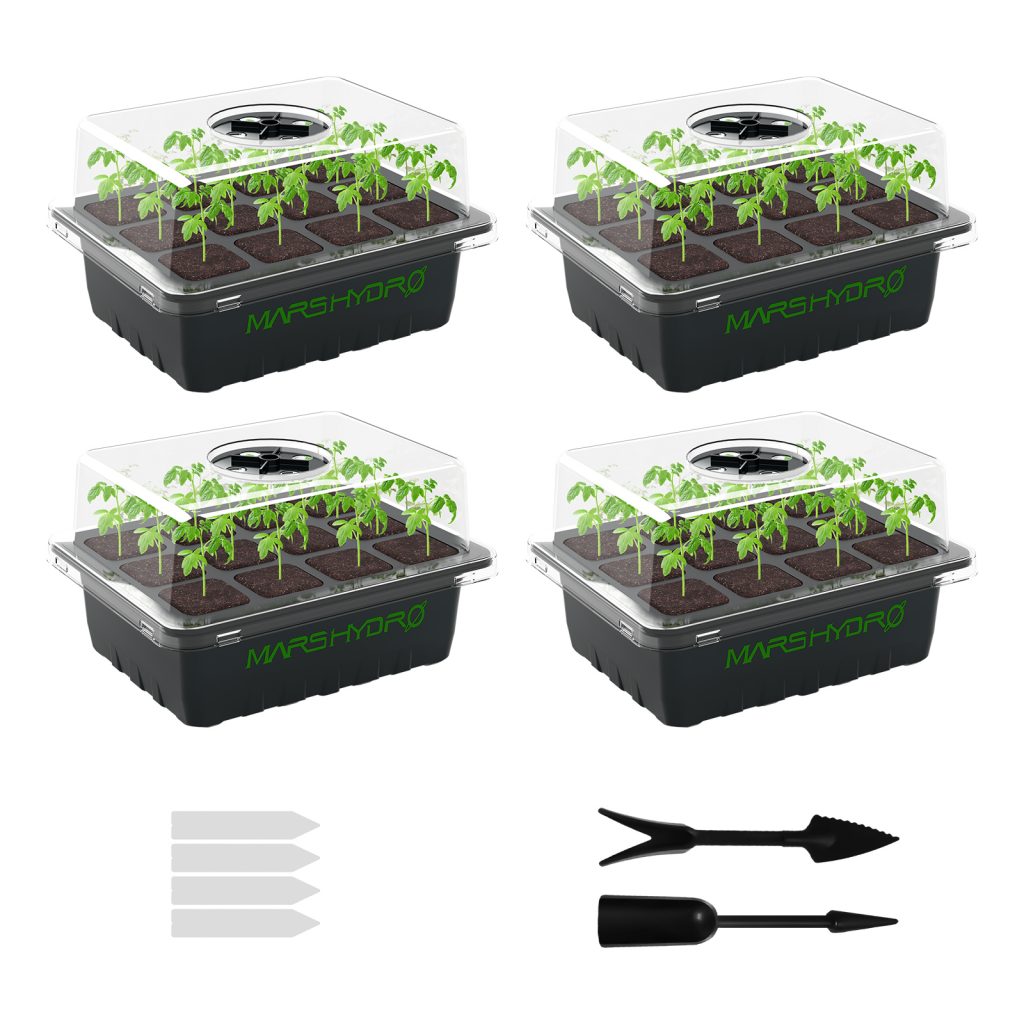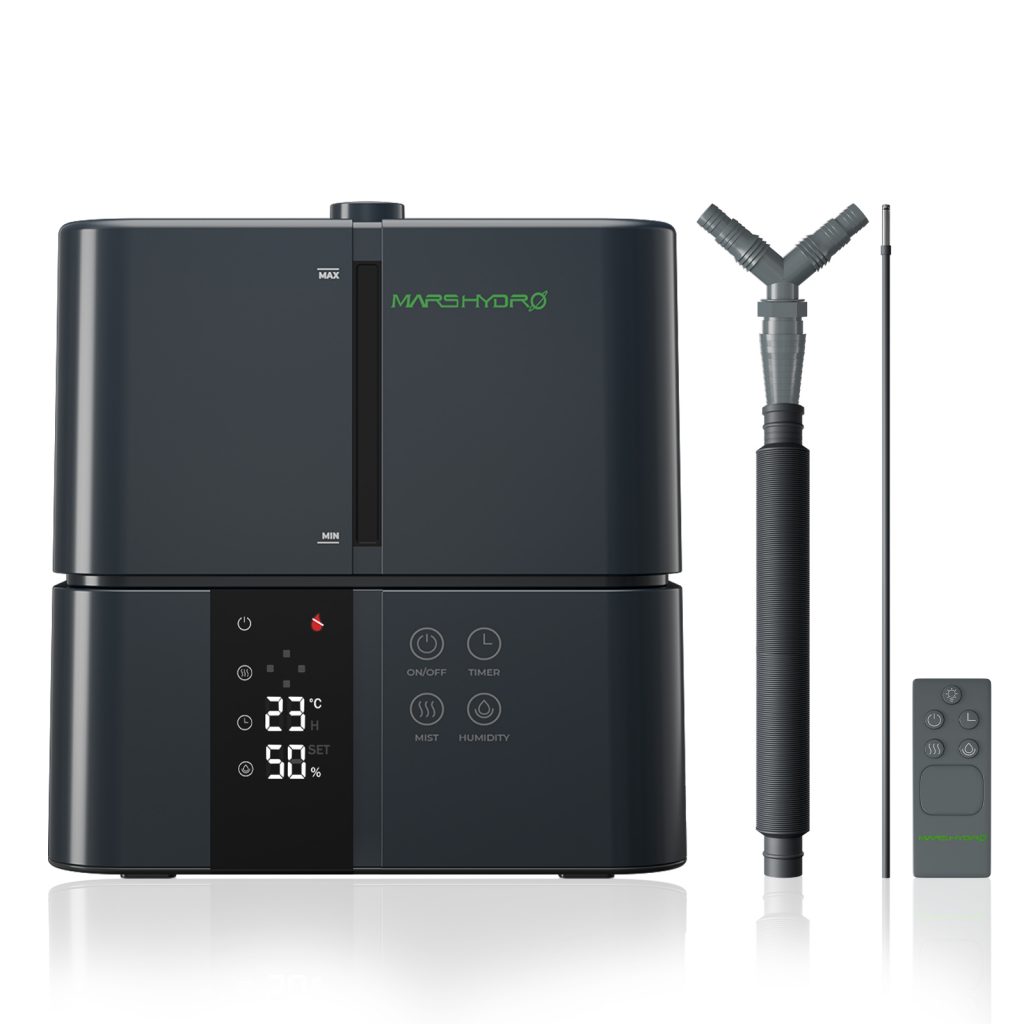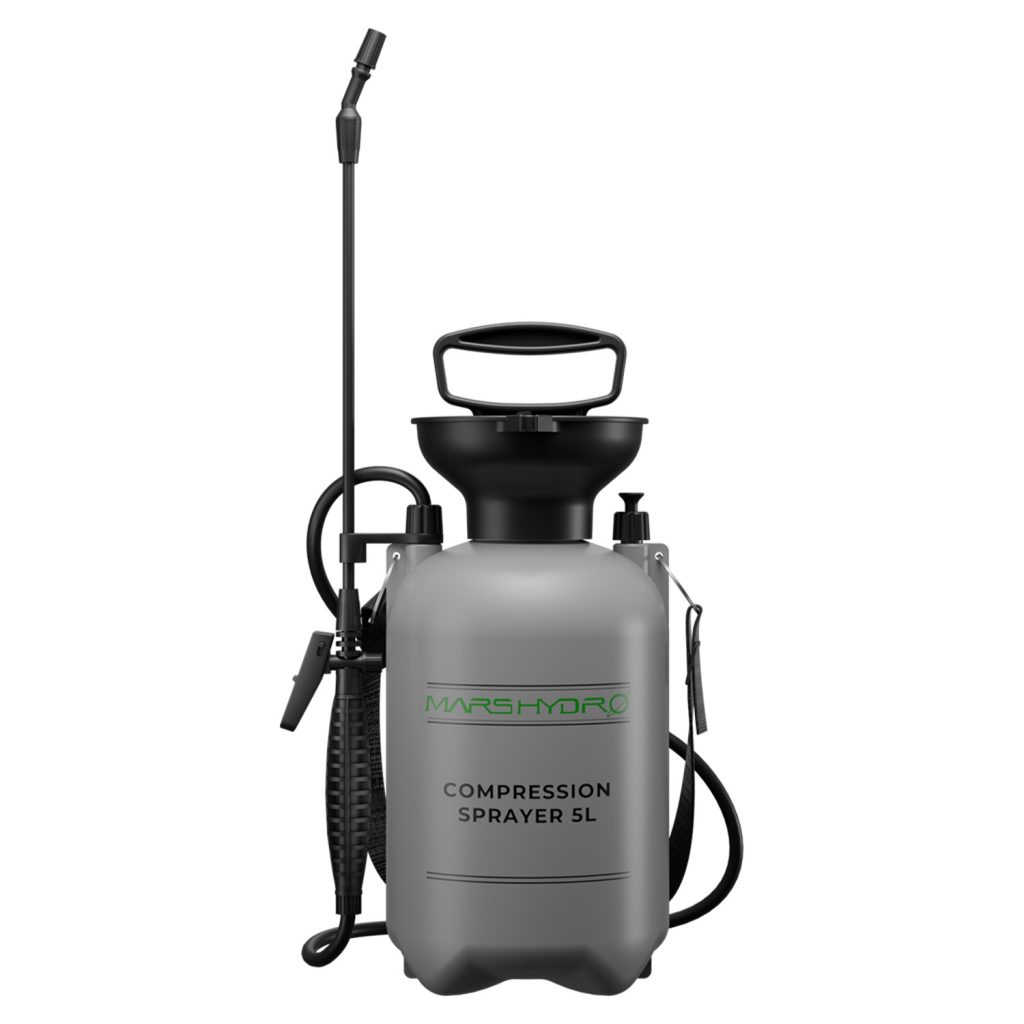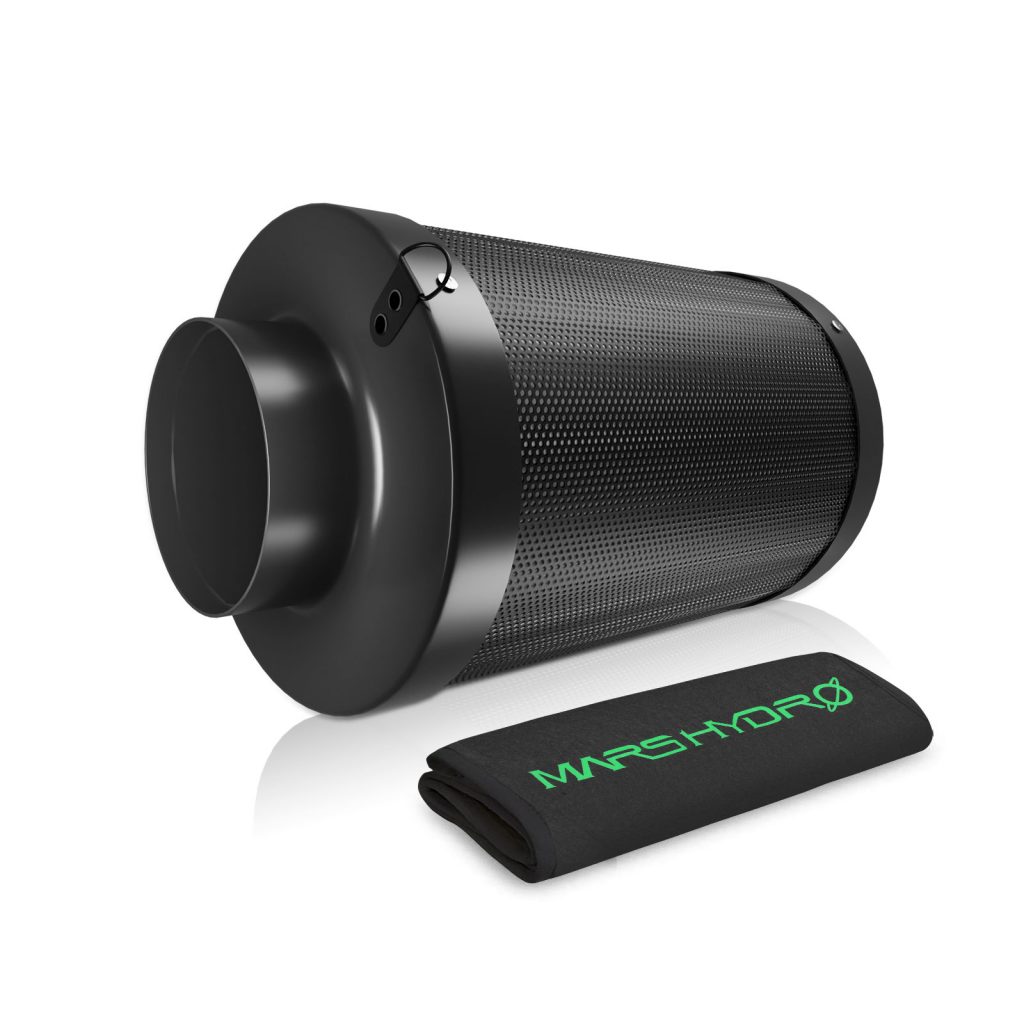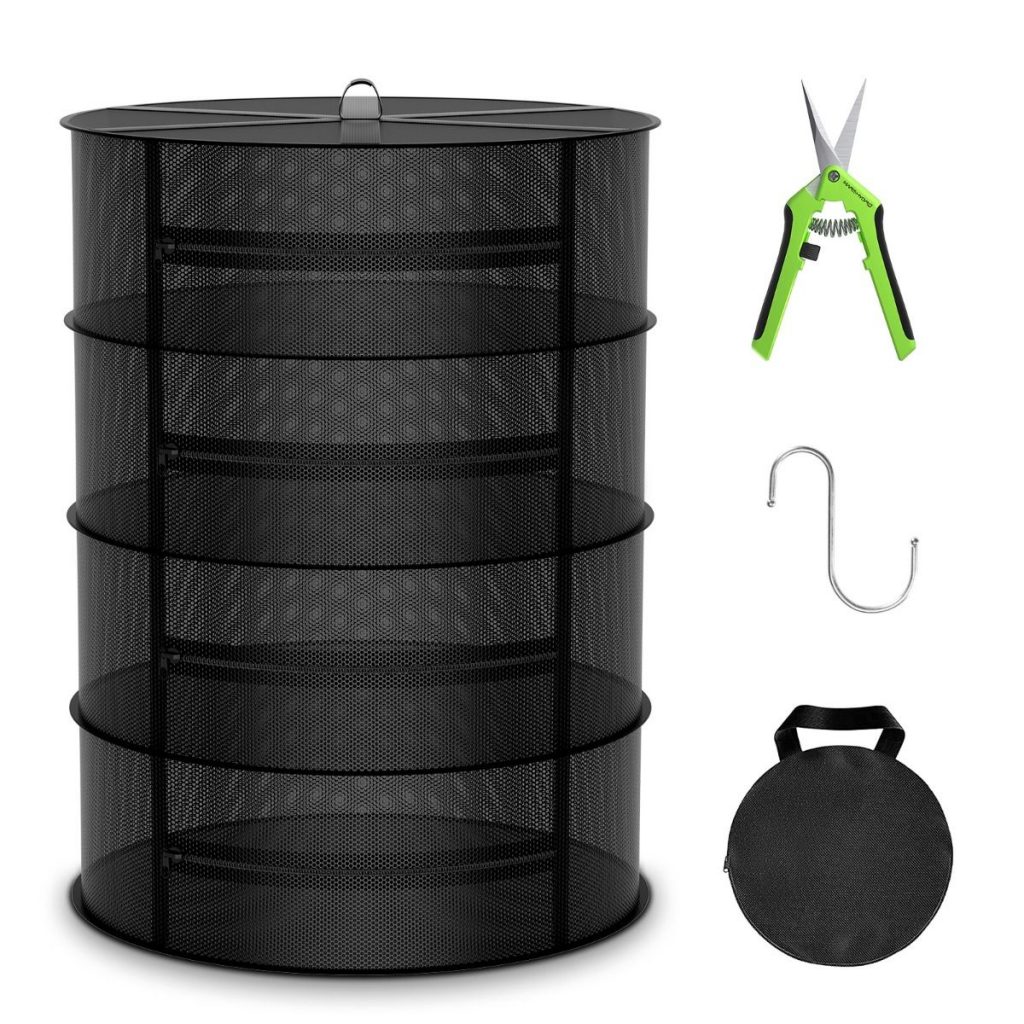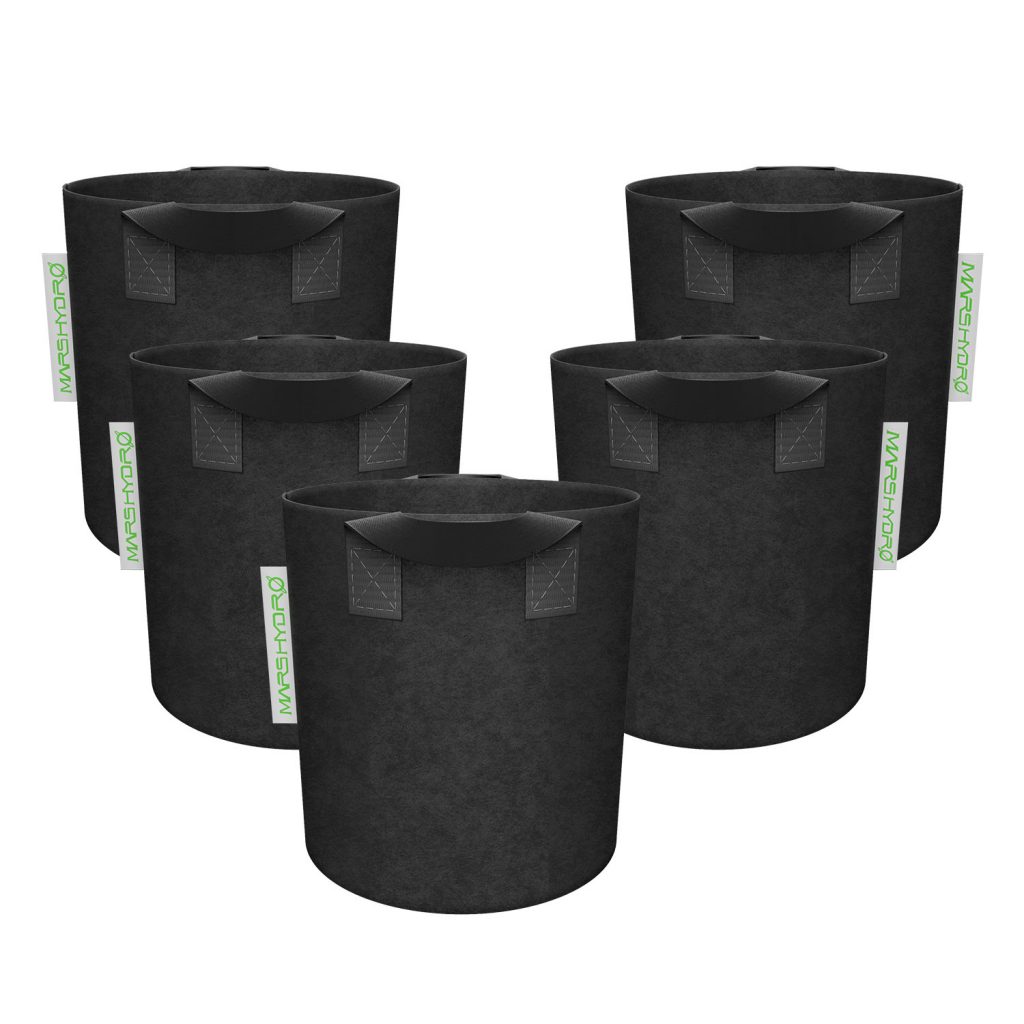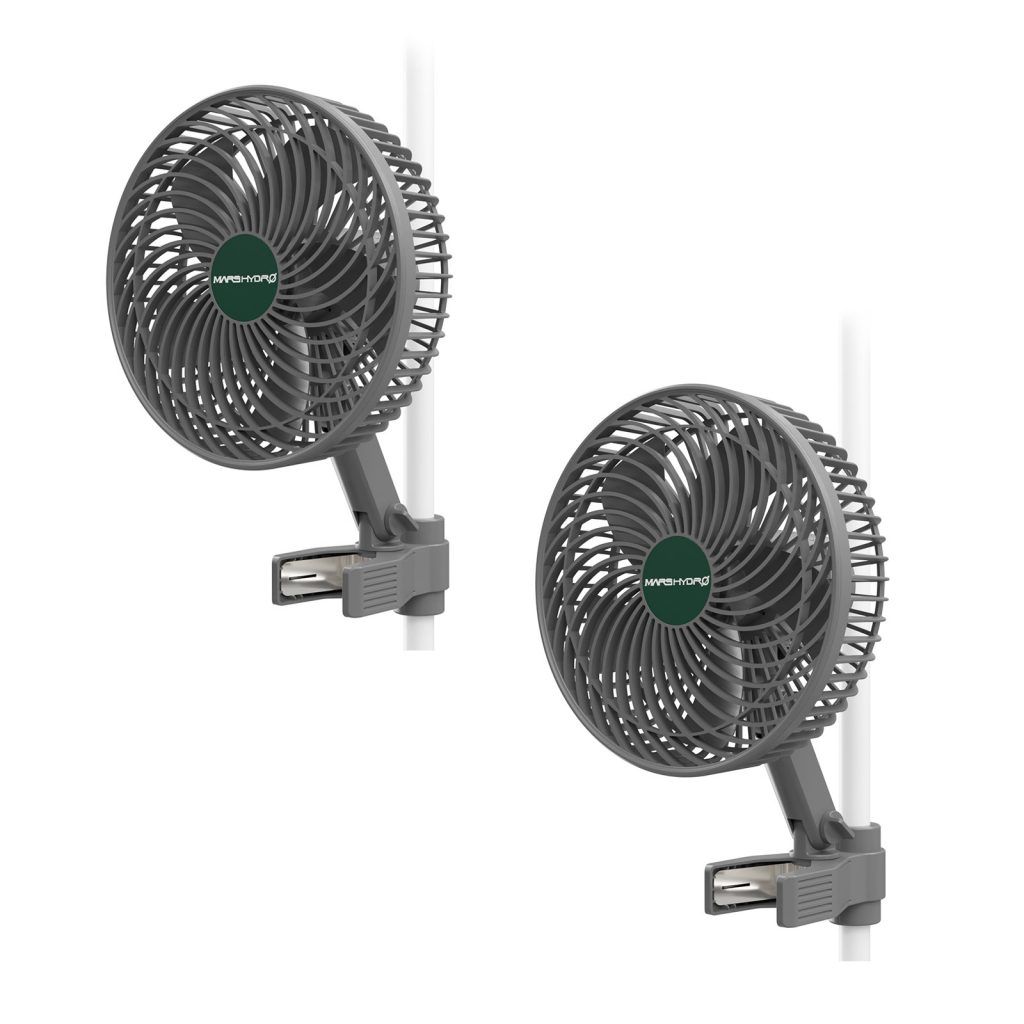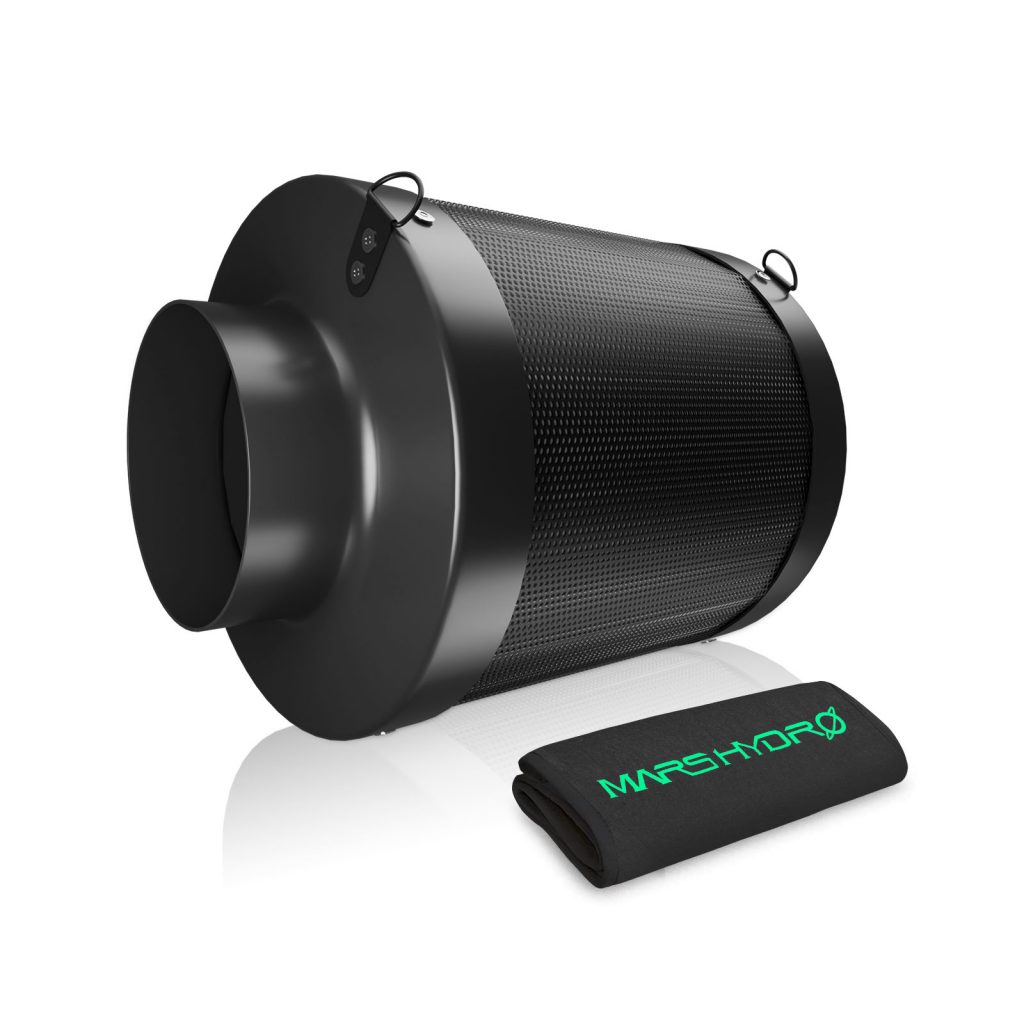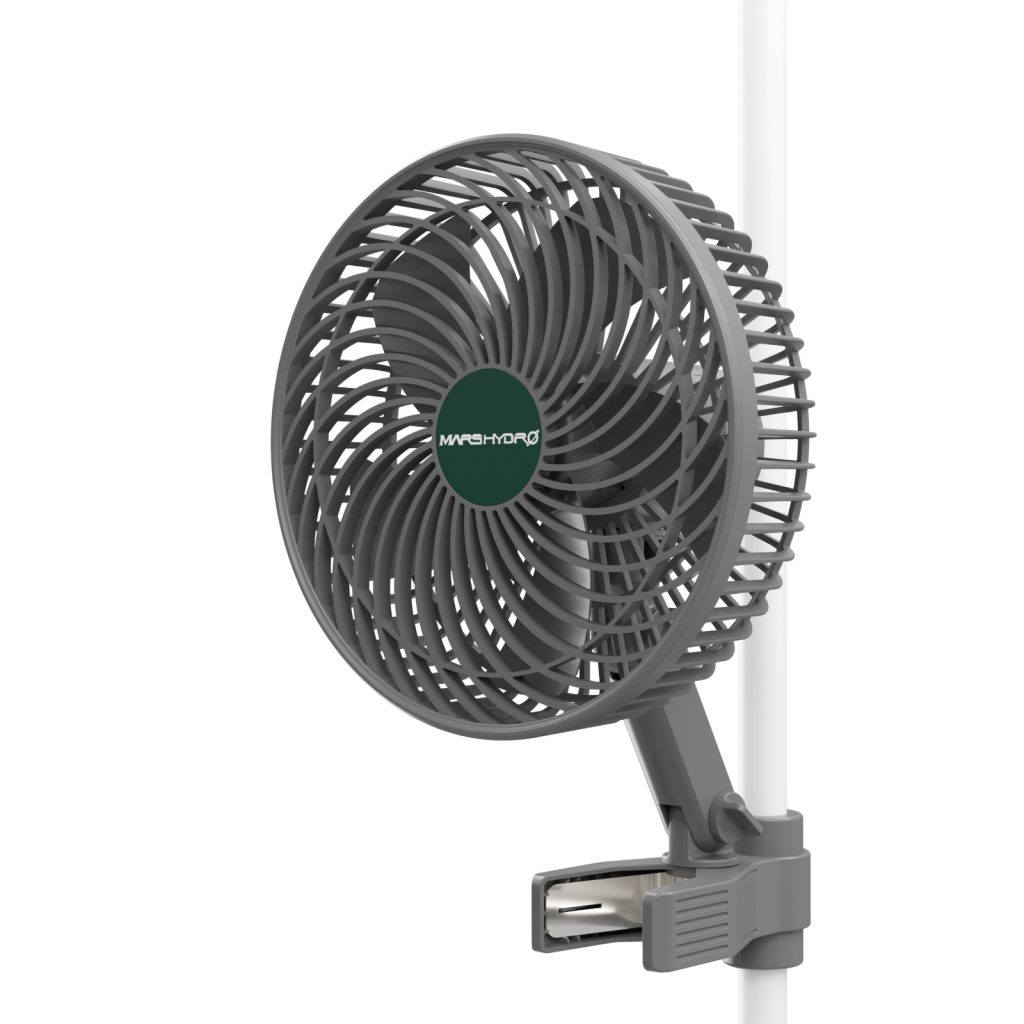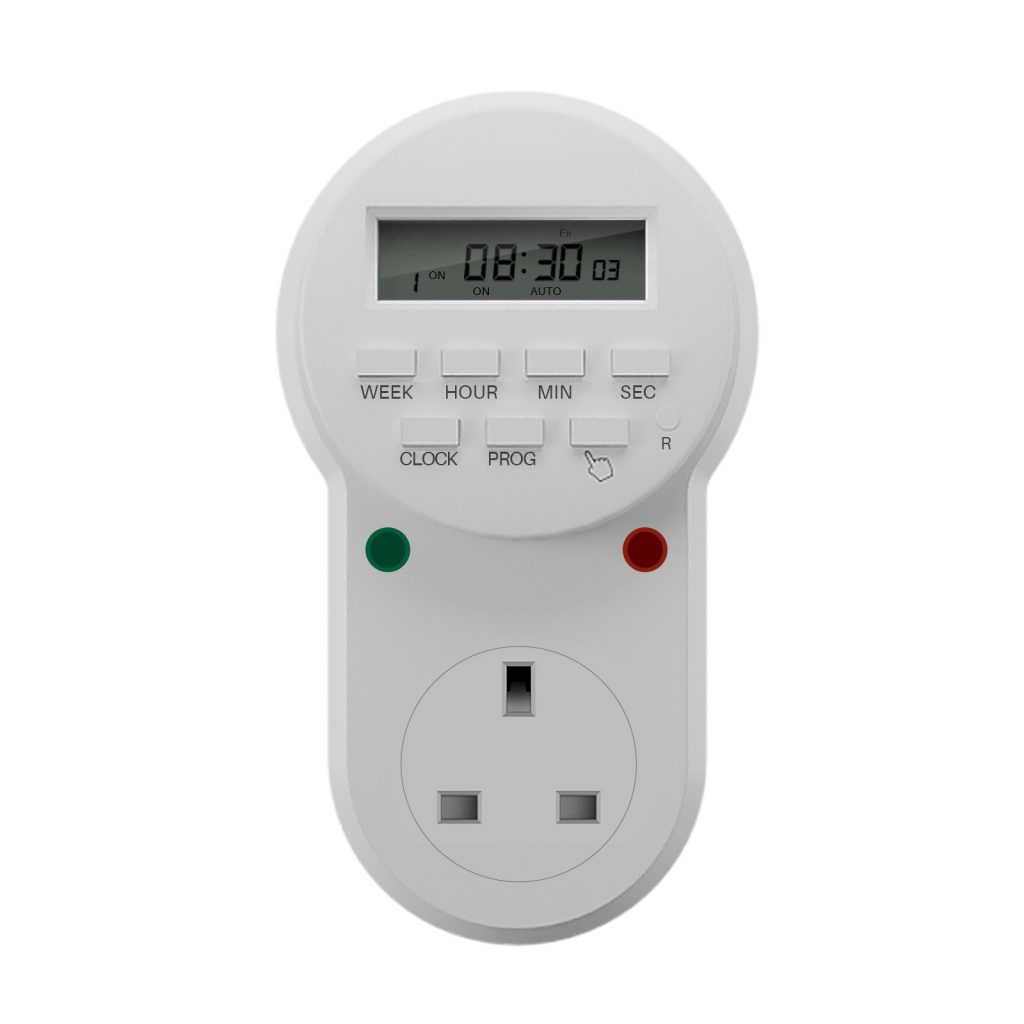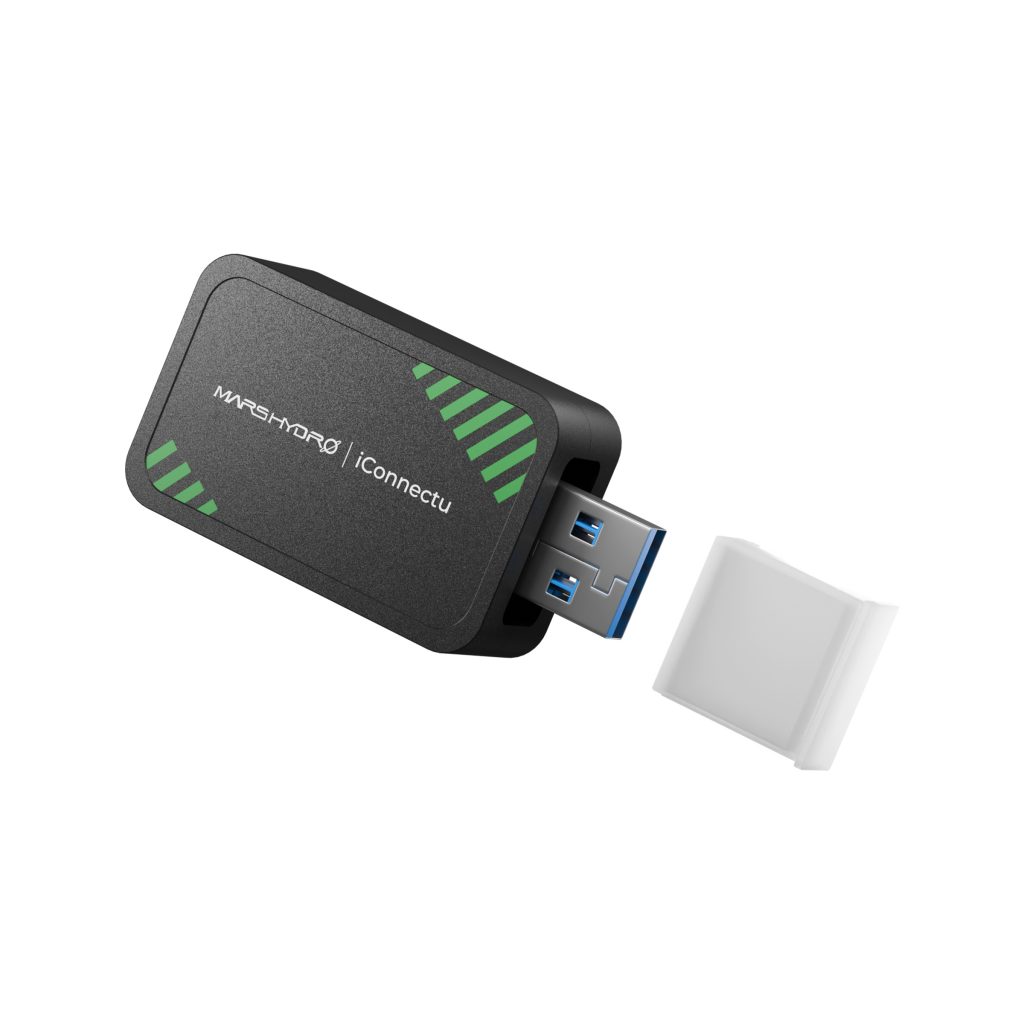Water Houseplants Regularly
As we all know, water is the source of life for all things. Human life cannot be without water, and plants life is also inseparable from the nourishment of water. Many growers have a strict schedule for watering, but the truth is that what really works is on-demand watering. As soon as you notice that the soil is dry, please stick your finger about two feet into the soil, if it is still dry, your houseplants need to drink immediately. Remember not to overwater, otherwise it is easy to cause root rot or breed bacteria and mold.
Fertilize Houseplants Regularly
There is also no set amount of fertilizer to give to your plants, you need to decide how much to give to your plants based on how fast they are growing and what season it is in. Plants generally need more fertilizer in spring and summer, and less in fall and winter. In the same way, if excessive fertilization is applied, it is easy to cause burns to the roots of your plants, and in severe cases, the plants will die.
Remove Dust from Plants
If the plants are not cleaned for a long time, the surface will easily accumulate dust, which will not only affect their appearance, but also cause light absorption to be hindered. If you want to remove the dust from the leaves of the plants, please let your plants take a light shower with gentle temperature water or use a soft brush/ cloth to remove the dust.
Prune Your Houseplants
Pruning can be done any time of a year whenever you notice dead leaves on the plant. And the main reason to prune houseplants is to make them look better and keep them from getting too big. Clipping overgrown houseplants back to 4 to 6 inches tall helps rejuvenate them and encourage new growth.
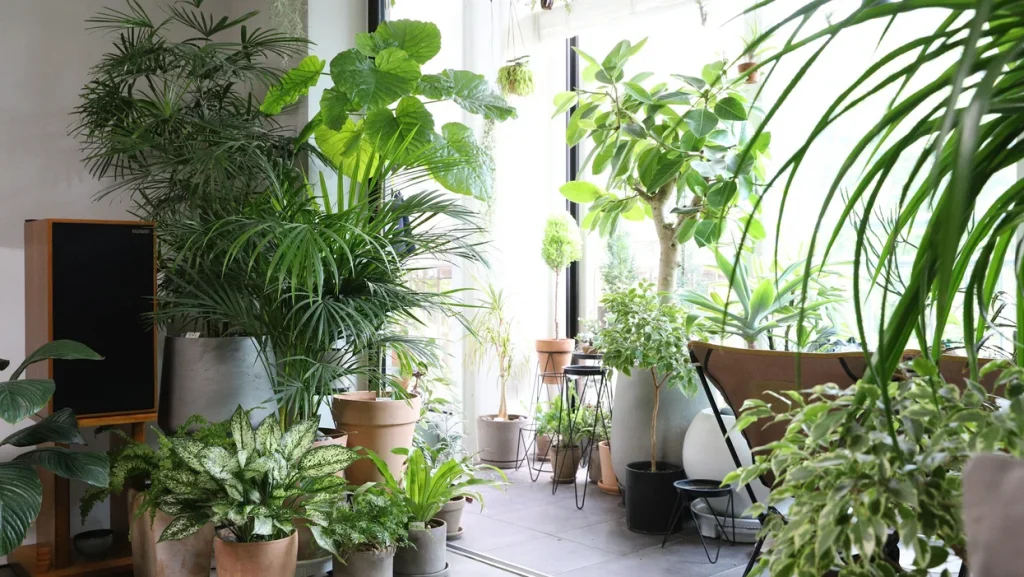
Control Insect Pests
Indoor soil growing is especially prone to pests that can wreak havoc on your houseplants, causing them to die. Some of the more common pests have a strong reproductive ability, such as spider mites, aphids, etc., you need to check the plants regularly every week to remove the pests in time. There are many ways to get rid of pests, and you can prescribe the right medicine.
Always keep Temperatures Stable
Try to keep the temperature of the environment around your plants as stable as possible. Overheated or too cold temperatures will cause stress to the plants. The best way is to place the plants in a grow tent, especially in cold winters.
Keep Draining in Mind
Generally, houseplants are grown in pots. And when you choose a flowerpot, be sure to choose one with holes at the bottom, because this kind of flowerpot with holes is conducive to plant drainage and can prevent plant root necrosis caused by poor soil drainage.
Increase the humidity
In the dry season of winter, in addition to watering the plants, maintaining the humidity in the air is also a necessity. The best way to increase humidity is to use a humidifier, which is very useful for adding humidity to the air. Some tropical plants, such as cacti and succulents, do not require air humidity.


